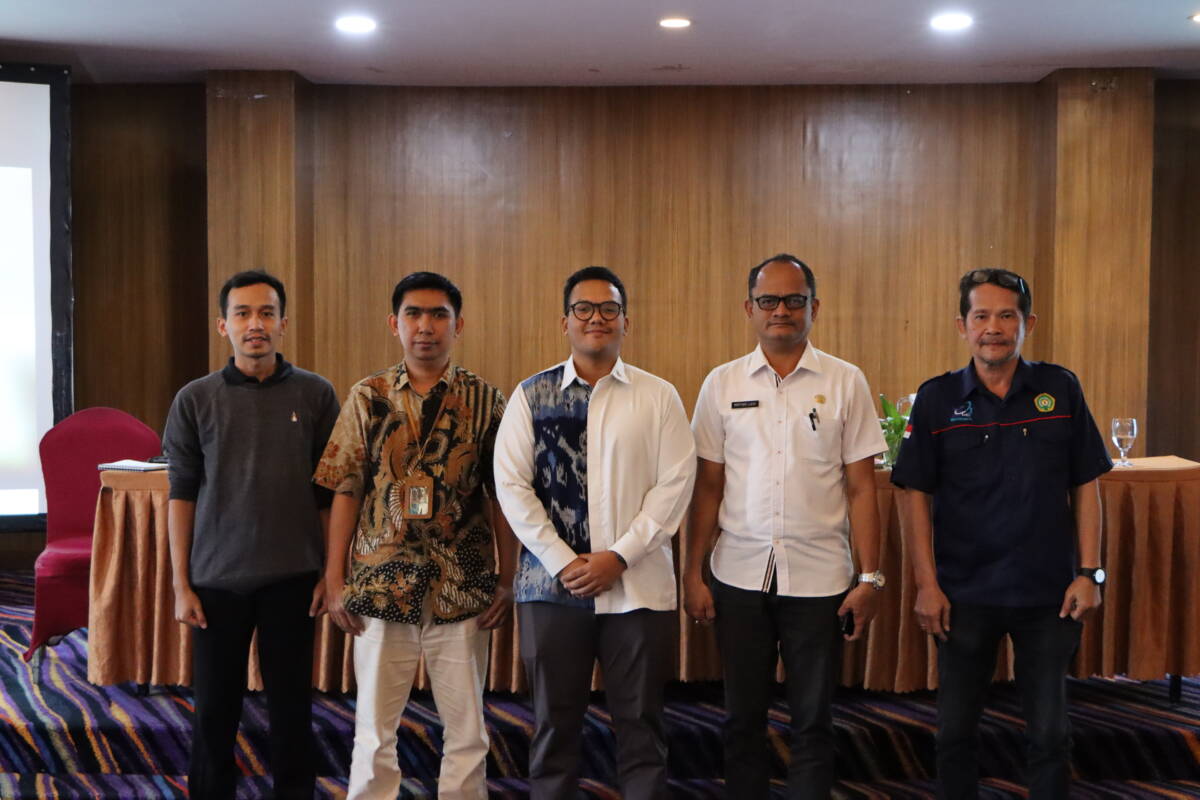Kupang, May 7, 2025 – As an archipelagic province, NTT faces significant challenges related to energy independence. The majority of the fossil energy sources used in NTT have been imported from other islands, making the region vulnerable to disruptions in energy supply. This is particularly true for Timor Island, which is located far from the major islands in NTT, and there are no current plans for interconnection with other islands like NTB or Bali. This was stated by Alvin Putra Sisdwinugraha, an Electrical System and Renewable Energy Analyst from IESR, during the Pre-launch of the IESR NZE Island Study, Case Study of Timor Island, on Wednesday (May 7).
“Energy independence is crucial for Timor Island, not only to support emission reductions but also to address the reliance on fossil energy, which has been a risk factor. Therefore, achieving 100% renewable energy on Timor Island is a strategic step to ensure a stable and sustainable energy supply,” said Alvin.
Furthermore, Alvin emphasized that Timor Island has an electrical infrastructure with a 70 KV backbone, and a plan for developing a 150 KV backbone that is still in progress. However, electricity generation load distribution is still concentrated in the western part of the island, with a peak load of about 200 MW in 2022-2023, which is expected to increase to 250 MW by 2025.
“To achieve energy independence, it is necessary to enhance the capacity and flexibility of the electrical system, such as operating smart grids and energy storage that can efficiently support the integration of renewable energy,” said Alvin.
Marthen Lussy, Head of the New and Renewable Energy Division at the NTT Energy and Mineral Resources Office, emphasized the importance of community involvement in renewable energy project planning, especially concerning customary land. He stated that better socialization and transparency are needed to ensure that the community supports and feels involved in this transformation.
Meanwhile, Frans Likadja, Head Lecturer at Nusa Cendana University, added that accountability and transparency in projects are critical. He reminded that involving the community early on can reduce resistance to new technologies and ensure the long-term success of renewable energy projects.
Iaumid Manarabih, Acting Manager of the PLN UIW NTT System Planning, explained that in Timor Island, one of the major islands in NTT, the biggest challenge lies in the vast geographic spread and the scattered population. This results in many villages and remote areas still lacking electricity. Limited infrastructure and the long distances between areas make electricity provision more complicated and require higher costs to build adequate electrical networks.
“For this reason, I suggest the development of Supersun, an Individual Power Plan that utilizes solar energy in areas with high sun intensity, such as Sumba. Supersun can be an effective alternative for creating better energy access in remote areas that are difficult to reach by conventional electricity networks. Meanwhile, for Timor Island, power plants with broader networks are considered a more appropriate solution,” said Iaumid.
Torry Kuswardono, Executive Director of Yayasan Pikul, provided in-depth insights into the triple planetary crisis, which includes the climate crisis, biodiversity loss, and environmental pollution, now recognized as urgent global challenges. According to Torry, to address this crisis and achieve Net Zero Emissions (NZE), a broader and more holistic economic transformation is required. This transformation should not only involve changes in the energy sector but also in other sectors contributing to environmental impacts.
“In the long-term energy scenario, other energy sources such as ocean waves and currents must be considered. The technology to harness energy from the sea is often overlooked, despite its great potential to generate sustainable renewable energy. By utilizing ocean energy potential, such as energy from waves and currents, we can enrich Indonesia’s renewable energy portfolio, which will accelerate the transition to clean energy,” said Torry.

